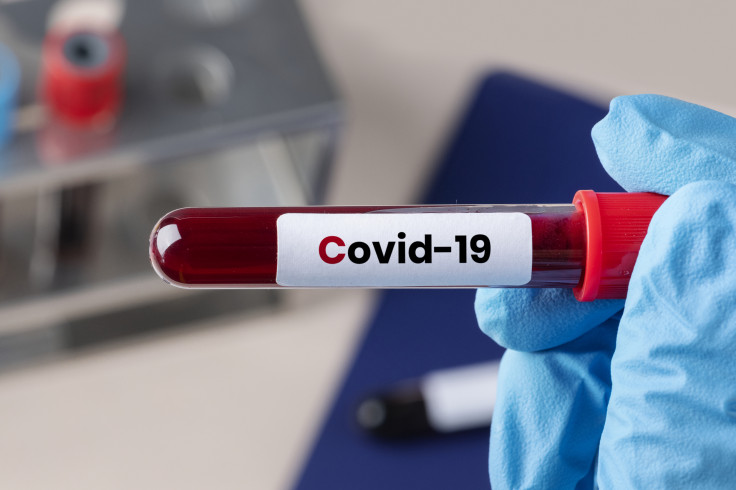COVID-19 Virus Lingers In The Body More Than A Year After Infection: Studies

The SARS-CoV-2 virus persists inside the human body long after the acute phase of the infection, two new studies have found.
The studies, conducted by the University of California, San Francisco (UCSF), showed that COVID antigens lingered in the blood up to 14 months after infection and more than two years in tissue samples of people who had the infection. The results were presented at the Conference on Retroviruses and Opportunistic Infections (CROI) conducted in Denver, Colorado.
"These two studies provide some of the strongest evidence so far that COVID antigens can persist in some people, even though we think they have normal immune responses," said Dr. Michael Peluso, who led both studies.
Earlier studies have indicated that even though viruses like SARS-CoV-2 are typically seen as temporary, some viral parts can remain in the body after the initial illness. This can be due to factors related to the virus and the immune system. Although these studies showed that components of SARS-CoV-2 might remain in the body even after recovery, the knowledge was limited due to the lack of comparison against proper negative control samples.
"Our findings provide strong evidence that SARS-CoV-2 antigens can persist beyond the period of acute illness. The observation that 7-13% of plasma samples for over a year following initial SARS-CoV-2 infection contain detectable viral antigens, which are potentially immunogenic, has significant implications given the sheer number of people infected with SARS-CoV-2 to date. Work to determine if persistent antigen contributes to post-acute sequelae such as Long COVID is needed," the researchers wrote in the study abstract.
The researchers examined blood samples from 171 participants who had a COVID-19 infection. By using an ultra-sensitive test that detects the COVID "spike" protein crucial for the virus to enter human cells, they found that the virus persisted in some people for up to 14 months.
For individuals hospitalized with COVID-19, there was around a two-fold increase in the likelihood of detecting COVID-19 antigens compared to those who were not hospitalized. Additionally, the chances of detecting antigens were higher in cases where patients reported more severe symptoms but were not hospitalized.
"As a clinician, these associations convince me that we are on to something, because it makes sense that someone who had been sicker with COVID would have more antigen that can stick around," Peluso said.
To understand how long the virus persists in tissues, the researchers relied on UCSF's Long COVID Tissue Bank, which contains samples donated by patients with and without long COVID.
They found viral RNA fragments in long COVID patients up to two years after the infection, although there was no reinfection. These fragments were located in the connective tissue housing immune cells, indicating that they were causing the immune system to attack. In some samples, they noticed an active viral presence.
However, further studies are needed to understand if these lingering fragments are factors that cause conditions like long COVID and associated risks such as heart attack and stroke, Peluso said.



























